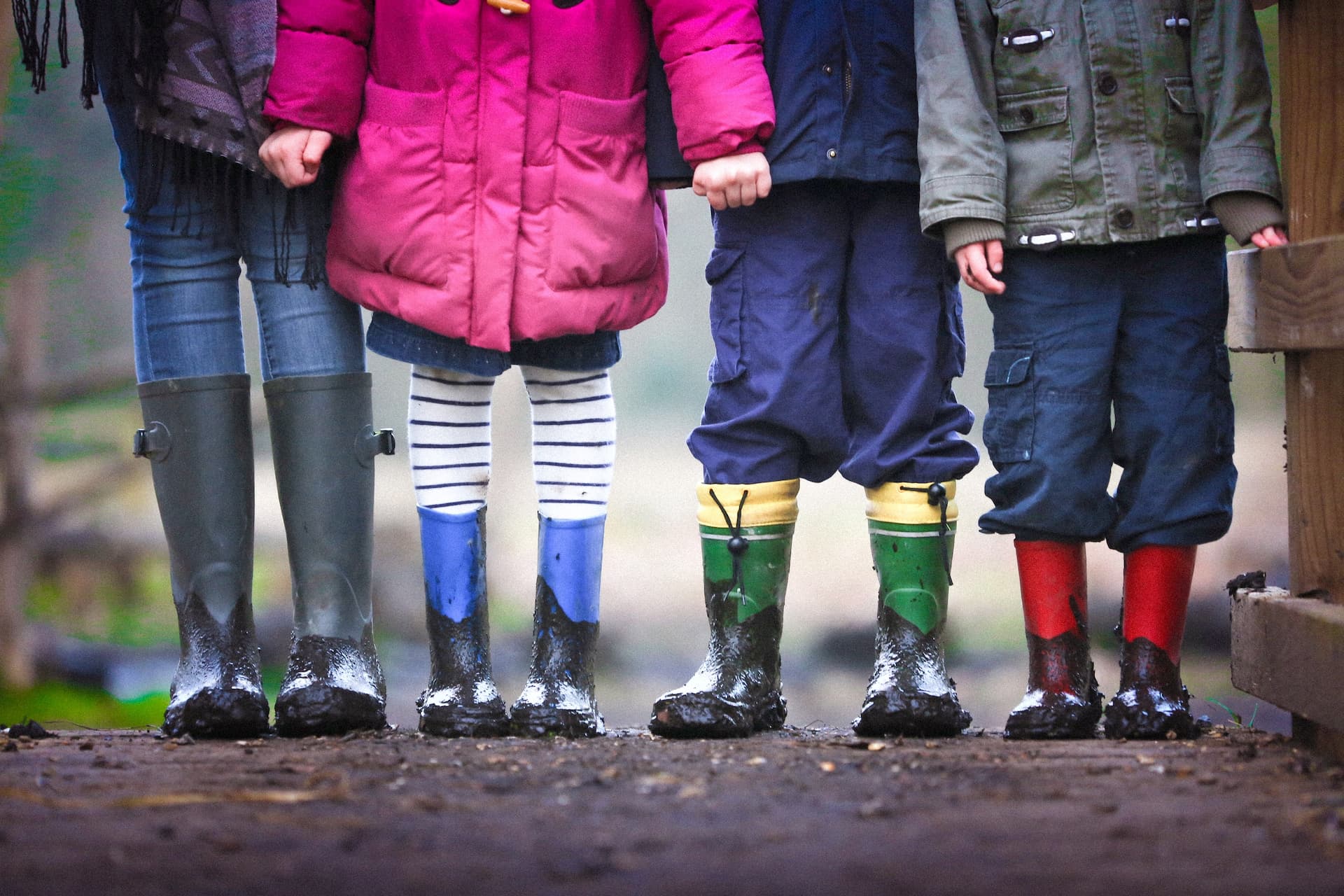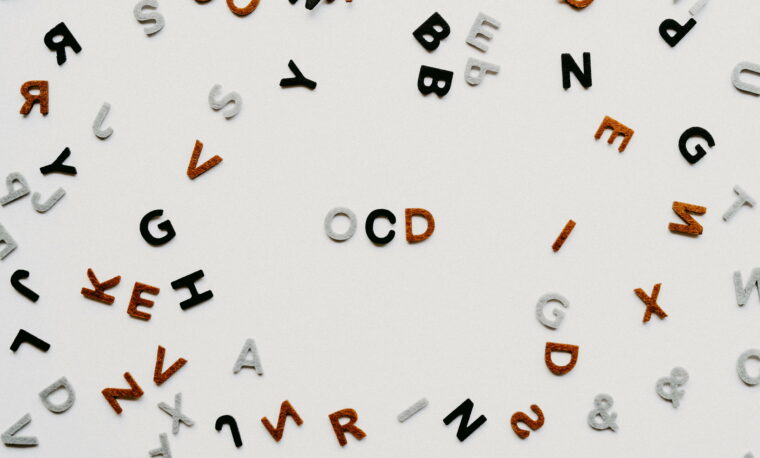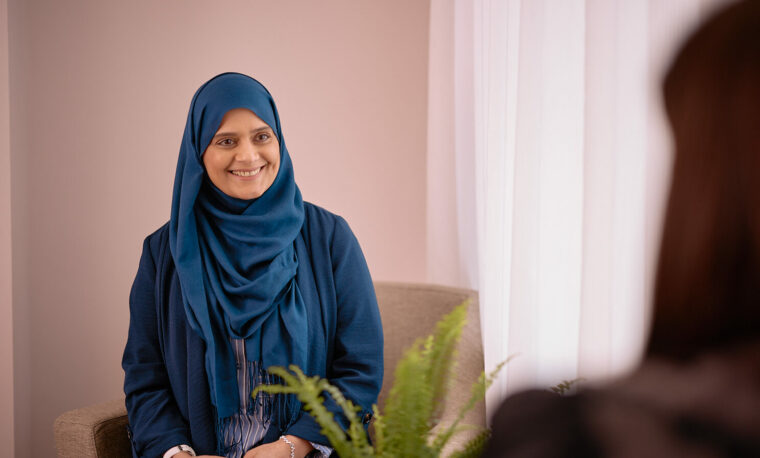The Ukraine war is making people anxious, explains Dr Chetna Kang
Dr Chetna Kang, a consultant psychiatrist at Nightingale Hospital, recently spoke about the impact of the Ukraine war in a new article for My London News.
Dr Kang spoke to journalist Tara Cobham about the devastating events in Ukraine, and how these have impacted the mental health of individuals and young children in London.
Frequent references to Ukraine, coupled with a general sense of anxiety have been reported in Dr Kang’s clinic in patients across all age groups.
“In the last month, especially in the first two weeks, almost every patient came in and made a comment about it. They were either inspired to help, or it triggered more anxieties in themselves, or they were worried about the direct impact on themselves in terms of things like the political impact and the cost of energy.”
Children especially are experiencing fears regarding the escalation of the events in Ukraine and bordering countries.
“Kids are scared there will be a world war and are frightened for their future,” said Nightingale Hospital consultant psychiatrist Dr Chetna Kang.
“Very young kids just don’t understand why people fight like this. And some older people are sad to see their children get worried.”
In a broader sense, Dr Kang also explored the different types of reactions people have to distressing world events.
“Whenever there’s distress anywhere in the world, we feel it for them – we’re connected and can’t live isolated lives. Compassion for others is when we feel their pain but it’s proactive in that it pushes us to do something – we rise to the challenge via helping and bringing positivity.
“But when we don’t understand the reasons for pain or suffering, it can put us in a state of fear – so rather than tapping into compassion, we tap into fear. The anxiety can cause catastrophising about what could happen to ourselves, and worry for the future or about the indirect global consequences of the crisis.”
When it comes to the conflict in Ukraine, Dr Kang said: “Many people have had the desire to help, which is amazing – but, on the flip side, some have resorted to fear that has created anxiety.” She went on to explain that anxiety is rooted in uncertainty and stems from a loss of trust, illustrated by thoughts such as, ‘I’m not sure’, ‘What is my anchor?’, ‘What can I trust and who can I trust?’
“I’m meeting more and more clients who are becoming destabilised because of changes in their own lives,” said the doctor. “I’m also seeing young people who are fearful for their future and of what kind of world they’re going to grow up in.”
Dr Kang encouraged parents to share the message to their children that “there is uncertainty” in the world, but that they are able to take positive steps towards facilitating compassion and change. She also explained that parents should give their older children a safe space to form their own opinions and express their brown views and ideas.







